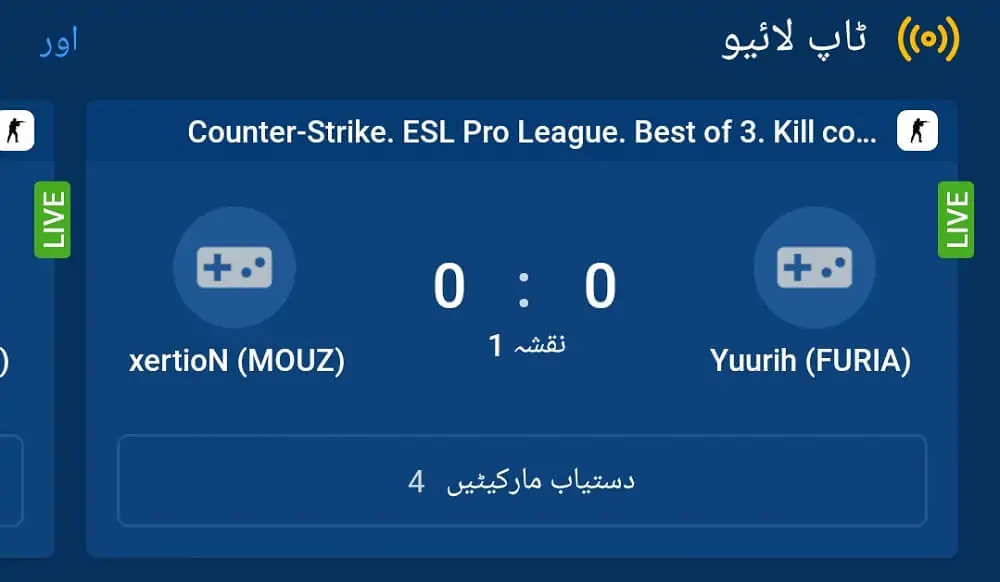The Myers-Briggs Type Indicator (MBTI) categorizes personalities into 16 distinct types, two of which are the INTJ vs INFJ core distinction . While both types share some similarities, such as their introverted nature and a preference for intuition, they also exhibit significant differences in their cognitive functions, decision-making processes, and interpersonal dynamics. This article explores the core distinctions between INTJs and INFJs, helping individuals understand their unique traits and how they approach life, work, and relationships.
Overview of INTJ and INFJ
INTJ stands for Introverted (I), Intuitive (N), Thinking (T), and Judging (J). Known as “The Architect” or “The Mastermind,” INTJs are strategic thinkers who excel at analyzing complex systems and formulating long-term plans. They tend to be independent, confident, and focused on achieving their goals through logic and rationality.
INFJ stands for Introverted (I), Intuitive (N), Feeling (F), and Judging (J). Often referred to as “The Advocate” or “The Counselor,” INFJs are empathetic and idealistic individuals who strive to understand the emotions and motivations of others. They prioritize harmony and personal values in their decision-making and often seek to make a positive impact on the world.
Key Distinctions Between INTJ and INFJ
1. Cognitive Functions
The primary difference between INTJs and INFJs lies in their dominant cognitive functions:
- INTJ: The dominant function of INTJs is Introverted Intuition (Ni), which allows them to see patterns, make connections, and predict future outcomes based on their insights. Their auxiliary function is Extraverted Thinking (Te), enabling them to organize and structure their thoughts logically and efficiently.
- INFJ: INFJs also lead with Introverted Intuition (Ni), which gives them a similar capacity for foresight and pattern recognition. However, their auxiliary function is Extraverted Feeling (Fe), allowing them to connect emotionally with others and prioritize harmony in their relationships.
2. Decision-Making Style
INTJs and INFJs have different approaches to decision-making due to their distinct auxiliary functions:
- INTJs rely on logical analysis and objective reasoning when making decisions. They prioritize efficiency and effectiveness, often weighing the pros and cons to determine the best course of action. This can sometimes make them seem detached or impersonal in their decision-making.
- INFJs, on the other hand, make decisions based on their values and the emotional impact of their choices. They prioritize the well-being of others and seek to create harmony in their relationships. This empathetic approach can lead them to consider the feelings of others more deeply than INTJs, sometimes at the expense of their own needs.
3. Social Interaction
While both INTJs and INFJs are introverted, they interact with the world in different ways:
- INTJs tend to be more independent and self-reliant. They prefer to work alone or in small groups, often focusing on their projects and ideas. Their direct communication style can come across as blunt, and they may prioritize efficiency over social niceties.
- INFJs are more relational and empathetic in their interactions. They value deep connections and often seek to understand the emotions and perspectives of those around them. INFJs are more likely to engage in discussions about feelings and values, making them appear more sensitive and nurturing.
4. Focus and Motivation
INTJs and INFJs also differ in their primary motivations and areas of focus:
- INTJs are primarily driven by a desire for knowledge and mastery. They are motivated by their ambitions and goals, often seeking to achieve personal and professional success. Their focus is often on systems, strategies, and innovative solutions, leading them to pursue careers in fields such as science, technology, or business.
- INFJs, in contrast, are motivated by a desire to make a difference in the world and help others. They are driven by their values and ideals, often seeking careers in counseling, education, or the arts. INFJs prioritize creating positive change and supporting others on their journeys.
5. Conflict Resolution
INTJs and INFJs handle conflict differently, reflecting their distinct cognitive styles:
- INTJs approach conflict with a logical mindset. They prefer to analyze the situation and identify practical solutions. INTJs may be less concerned with the emotional implications of conflict, which can sometimes lead to misunderstandings with more emotionally attuned individuals.
- INFJs seek to understand the emotional dynamics involved in a conflict. They prioritize maintaining harmony and may avoid direct confrontation to prevent hurting others’ feelings. INFJs often use their intuition and empathy to navigate conflicts, aiming for resolution while considering the emotional well-being of all parties involved.
Summary of Core Distinctions
| Trait/Aspect | INTJ | INFJ |
| Dominant Function | Introverted Intuition (Ni) | Introverted Intuition (Ni) |
| Auxiliary Function | Extraverted Thinking (Te) | Extraverted Feeling (Fe) |
| Decision-Making | Logical, objective | Values-based, empathetic |
| Social Interaction | Independent, direct | Relational, nurturing |
| Focus and Motivation | Knowledge, achievement | Values, helping others |
| Conflict Resolution | Analytical, solution-focused | Empathetic, harmony-seeking |
Conclusion
While INTJs and INFJs share some fundamental similarities, such as their introverted nature and preference for intuition, they exhibit distinct differences in their cognitive functions, decision-making styles, and interpersonal dynamics. Understanding these core distinctions can help individuals navigate their personal growth, career choices, and relationships more effectively.
Both INTJs and INFJs have unique strengths that contribute to their effectiveness in various domains of life. By appreciating their differences, INTJs and INFJs can learn from one another and foster deeper connections, whether in professional environments or personal relationships.

